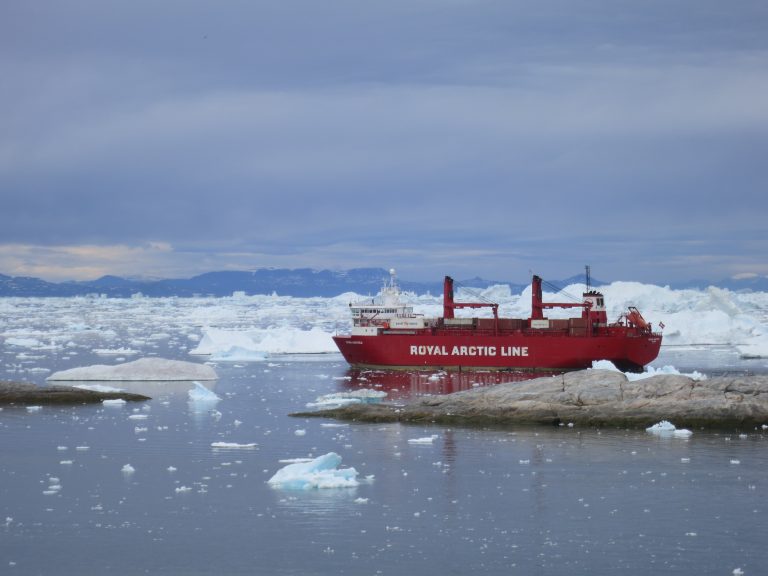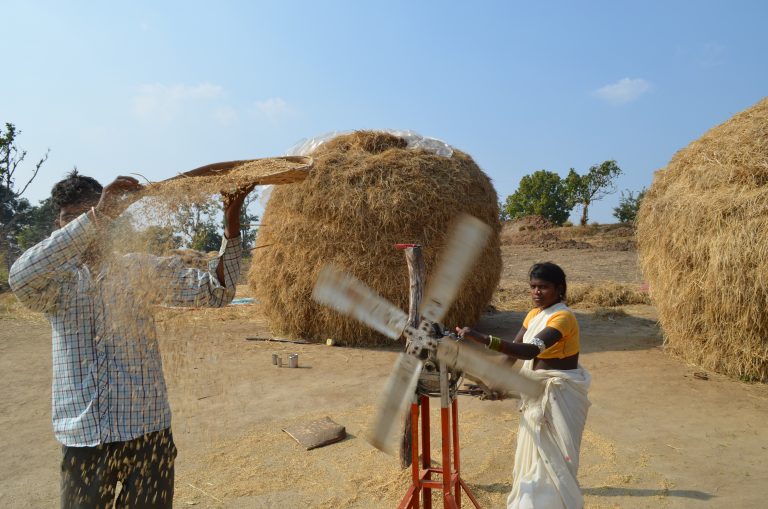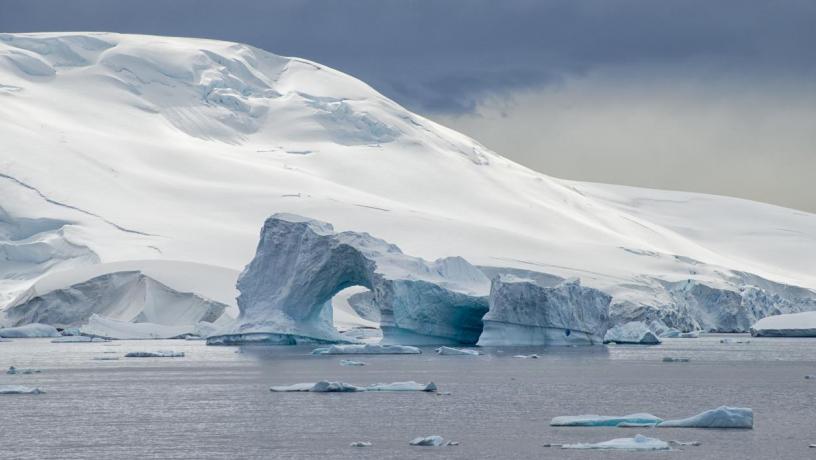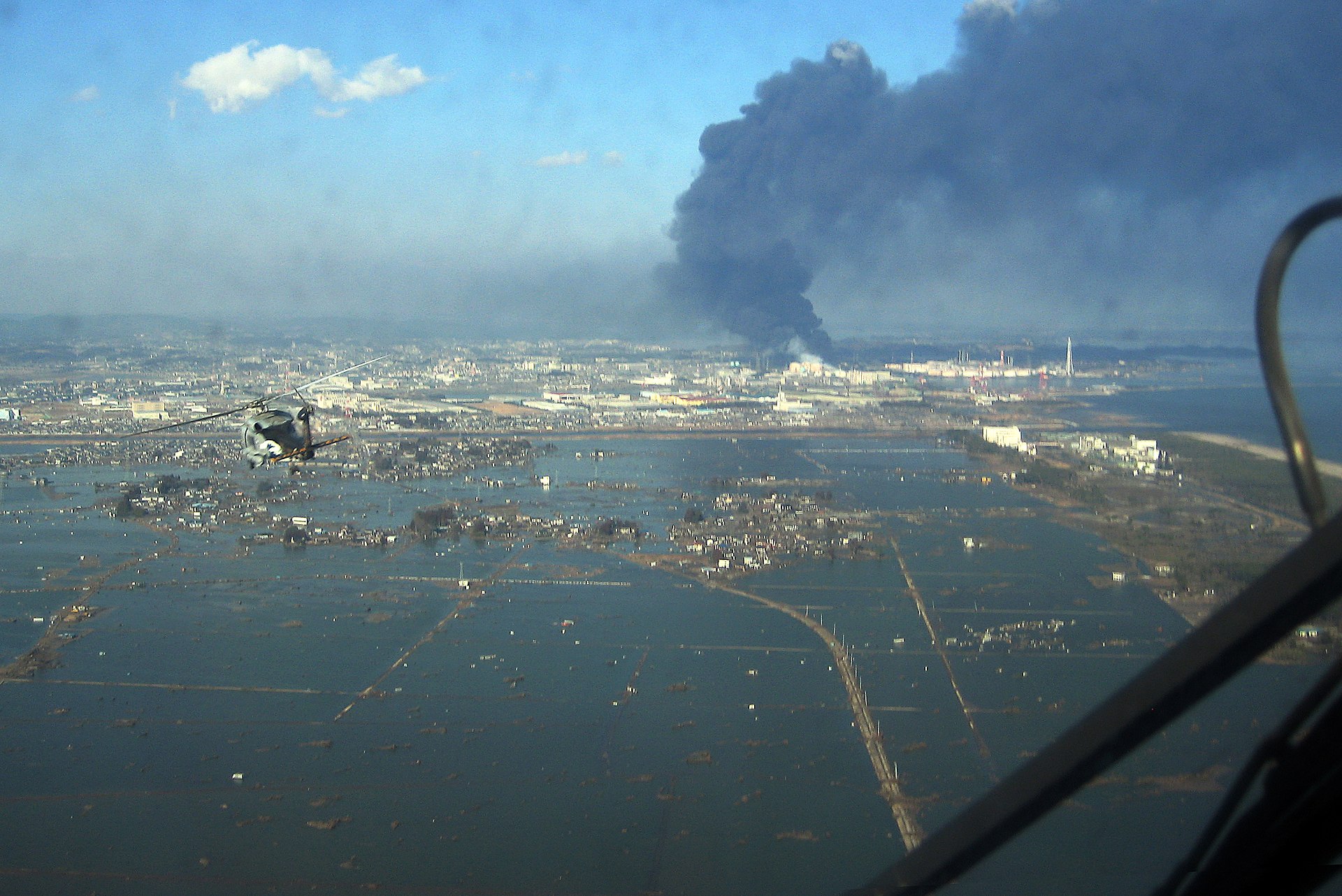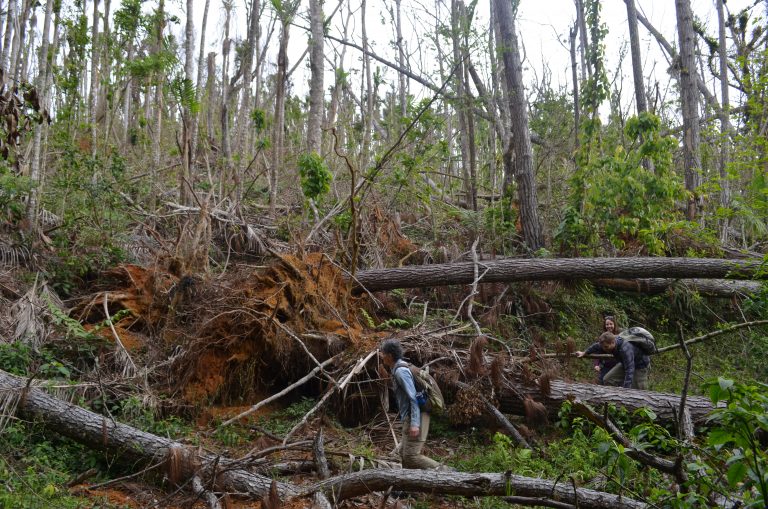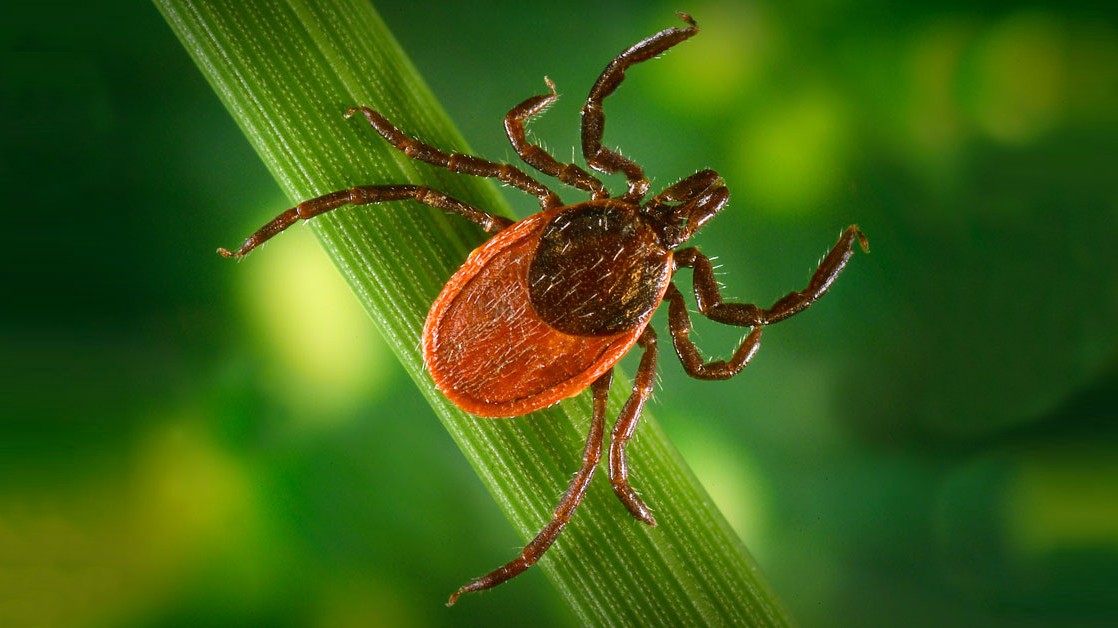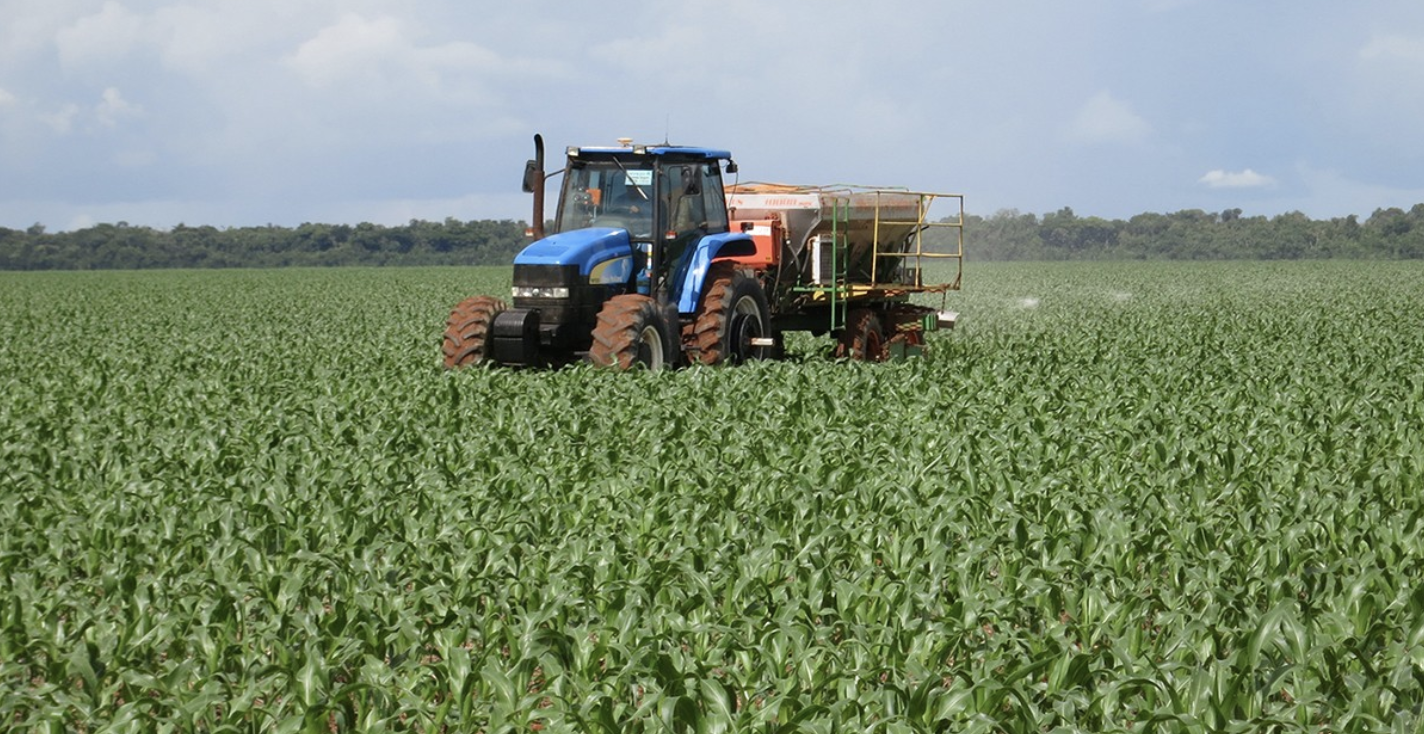18
March
The movement of Arctic sea ice is expected to significantly increase this century, raising the risk of more widely transporting pollutants like microplastics and oil.
Read More
16
March
Even a limited nuclear exchange between India and Pakistan would cause unprecedented planet-wide food shortages lasting more than a decade.
Read More
16
March
While there is a growing body of research showing how the loss of Arctic sea ice affects other parts of the planet, this study is the first to also consider the long-range effect of Antarctic melt.
Read More
16
March
A new study led by researchers at Columbia's Lamont-Doherty Earth Observatory looks at why the 2011 Tohoku tsunami off Japan was unexpectedly huge.
Read More
09
March
The surprising finding suggests that future hurricanes stoked by warming climate may be even more destructive to forests than scientists have already projected.
Read More
05
March
Researchers led by Maria Pilar Fernandez, a post-doctoral researcher at Columbia, have drawn on 17 years of data to develop a model that identifies areas in which the tick-borne illness is likely to emerge.
Read More
04
March
A new Columbia study finds that nitrogen emissions from agricultural production in the tropics is likely to increase and, in some cases, overtake temperate climates, exposing more people to polluted air and water.
Read More

